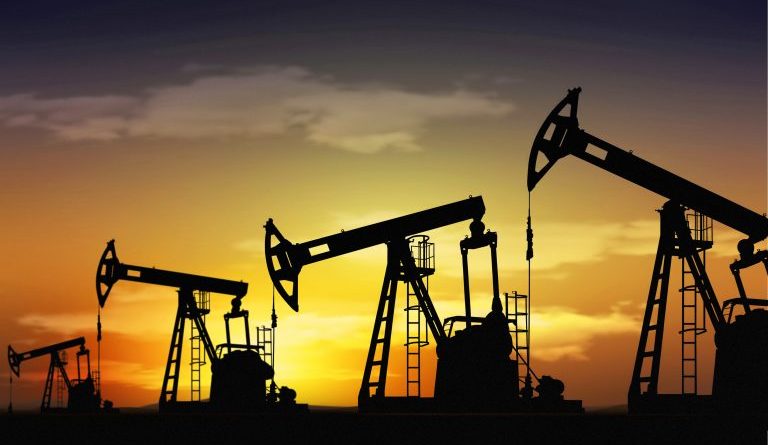
KARACHI, March 9: : Pakistan’s Stock Exchange witnessed a decline of more than 2,300 points in share prices on Monday, following one of the biggest drops in global crude oil prices in history.
The benchmark Karachi Stock Exchange 100 Index (KSE 100) plunged by more than 2,100 points as it opened in the morning, forcing the bourse to stop trading activity for nearly an hour.
“At the opening the oil prices were 30 percent down, which crashed regional markets. Pakistani big mutual funds resorted to massive selling that tanked the market and forced the (stock exchange) management to halt trading to cool down,” Samiullah Tariq, Arif Habib Limited director told Arab News.
During the 45-minute pause, trading in all securities was suspended in order to ensure a cooling-off period and run a mark to market activity as a risk management measure. “The objective of introducing market halt is to safeguard investors and market participants during volatile markets,” the Pakistan Stock Exchange (PSX) said in a statement.
As the market reopened, it began reversing and by the day’s close, the KSE-100 Index stood at 37,054 points, down 1,165 points.
“After reopening, the buying was witnessed in cement, steel, and financials stocks which supported the recovery,” Tariq said. According to brokers, the market crash comes amid an oil price war between Russia and Saudi Arabia, and a slowdown in the global economy due to the coronavirus outbreak.
At the opening of international markets on Monday, oil prices plummeted with West Texas Intermediate (WTI) crude down by 26.5 percent to $30 per barrel, and Brent crude down by 25 percent to $34 per barrel. That was the biggest percentage drop since Jan. 17, 1991, at the start of the first Gulf War.
Analysts say the oil price decline is net positive for Pakistan as the country would be able to import cheaper oil from international markets to support its balance of payment position.
“I am positive for the Pakistani economy because it would enable the country to import at lower prices that could reduce current account deficit. The price decline would also help allied industries. Pakistan’s export sector can benefit from the lower prices and export to the international market as Chinese goods’ substitute,” Muhammad Faizan Munshey, head of foreign institutional sales at Next Capital, told Arab News.
Pakistan is a net importer of oil with petroleum group imports contributing 25 percent to imports. As WTI oil prices averaged $56 per barrel during the past 12 months, their nosediving to $30 per barrel that could help Pakistan save $5 billion per annum on its imports, according to Arif Habib Limited research.
The lower oil prices may also help Pakistan tackle inflation, as cheaper fuel would reinforce the nation’s consumer buying power.
In turn, lower inflation would prompt the central bank to reduce its key policy rate. The State Bank of Pakistan has been its key policy rate at 13.25 percent since July 2019.
The lower oil prices could also improve the government’s budget balance by reducing its energy subsidy.
Equity traders say the market will remain under pressure during at least three upcoming trading sessions, as selling orders remain queued.
“Due to a 7 percent circuit breaker mechanism, shares of oil and exploration and production sectors remain unsold, which would put the equity market at pressure for at least next three sessions,” senior stockbroker Adil Ghaffar told Arab News.-Agencies



